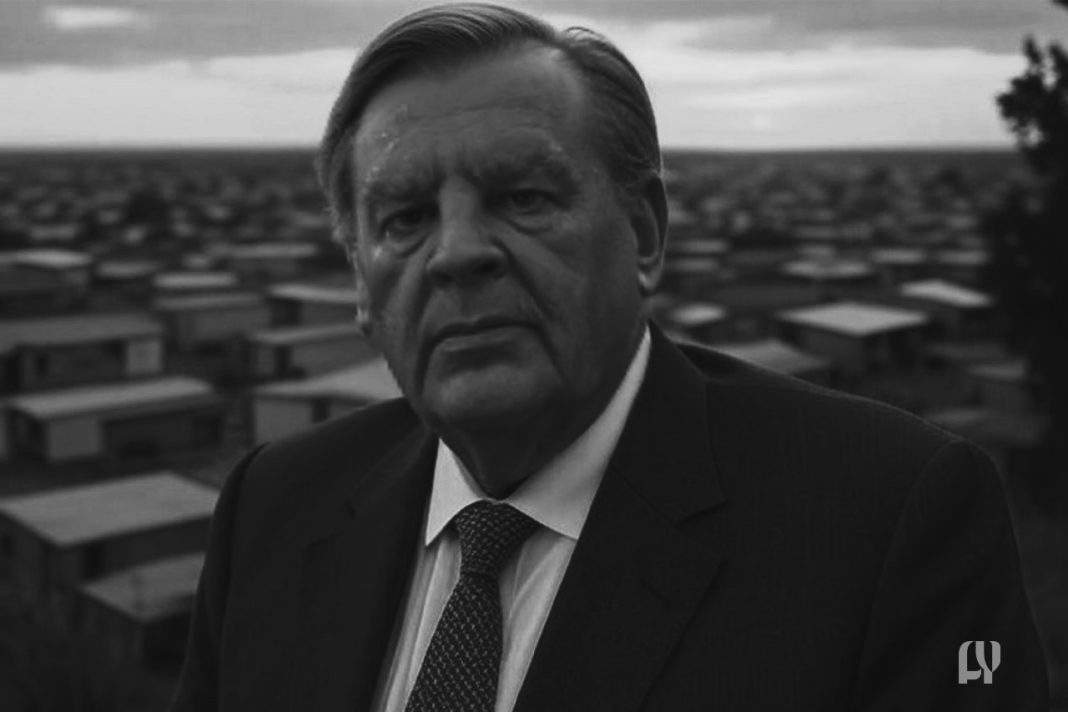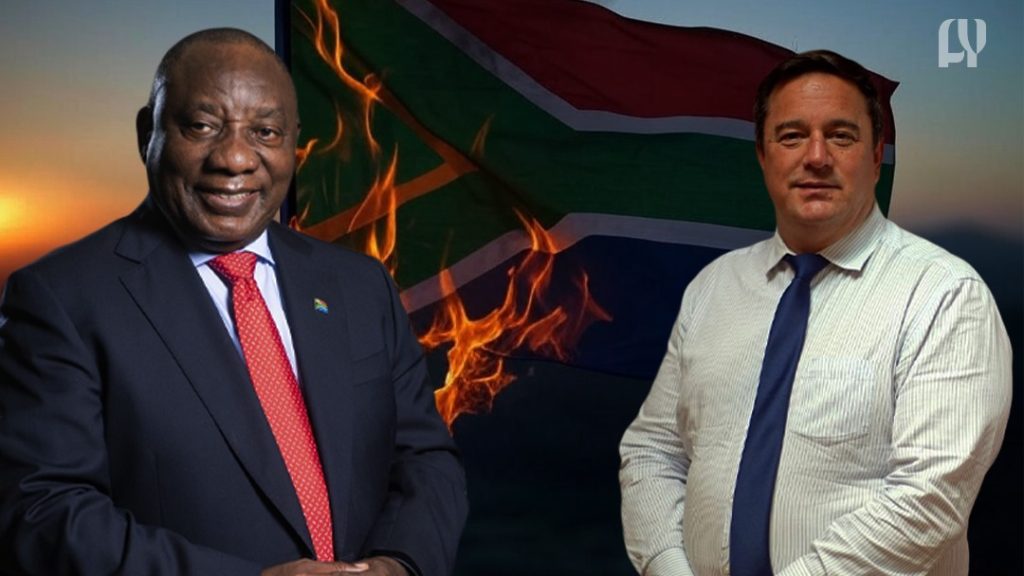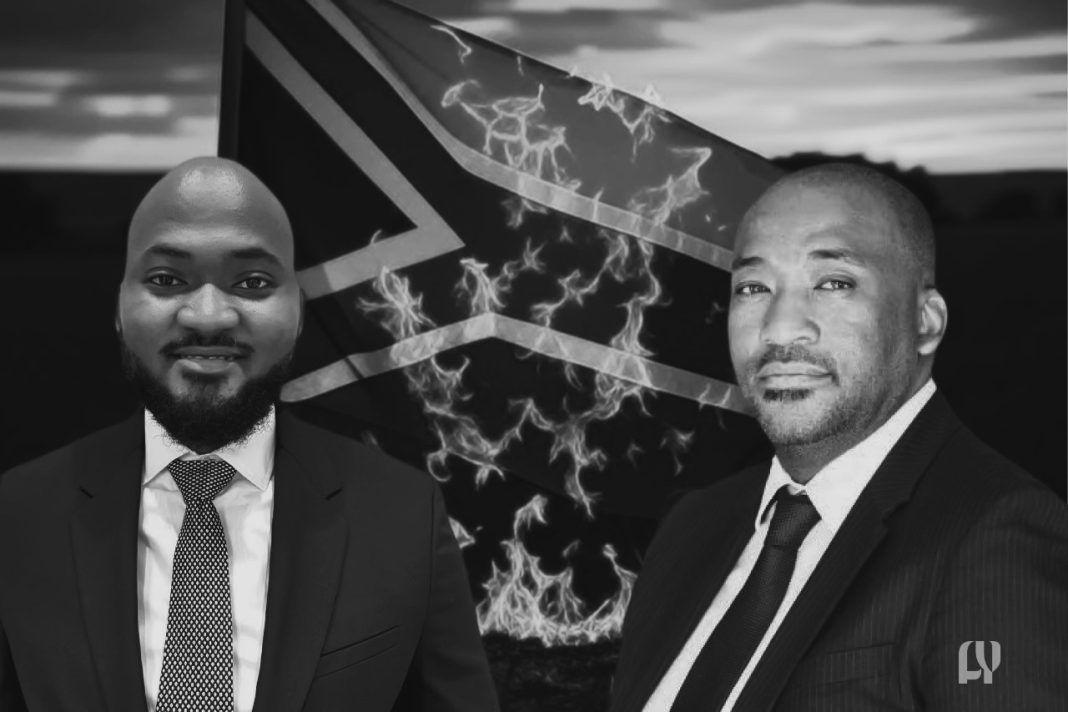The Gut-Wrenching Truth About the Company of South Africa
Imagine a nation that isn’t a nation at all. Picture South Africa not as a country united by shared dreams. Consider it as a cold, calculated business. It’s a company of South Africa where profit trumps humanity. The majority are pawns in a game rigged by the elite. This isn’t a conspiracy theory. It’s a lens that exposes the raw, uncomfortable truth about our society. The pieces of this corporate puzzle fit together from the dusty townships to the gleaming towers of Sandton. This should make your blood boil.
- The Shareholders: The Company of South Africa
- The Board of Directors: Our Politicians
- The Workers: The Beating Heart of the Nation
- The Charity Cases: Those Left Behind
- A Rigged Game from the Start
- Breaking into the Elite Club
- The Devastating Cost of the System
- Can We Dismantle the Company?
- A Call to Wake Up – Company of South Africa
The Company of South Africa isn’t just a metaphor. It’s a system rooted in history. Originally formalised by colonial powers, it has been refined over decades. This ensures that wealth flows upward while ordinary South Africans scrape by. So, let’s peel back the layers. Who runs this company? Who benefits? And where do you fit in this brutal setup?
The Shareholders: The Company of South Africa
Every company has owners. In the Company of South Africa, the shareholders are the super-rich local and foreign elites. They extract wealth from our land, resources, and labour. These are the mining magnates, the corporate tycoons, and the global investors. Names like Rupert, Wiese, and Oppenheimer come to mind. International players have staked claims in our gold, platinum, and diamonds for centuries.
Poverty, unemployment, and inequality are not accidents—they’re features of the system.
Nonetheless, it’s not just about individuals. Think of multinational corporations and investment firms that control vast swathes of our economy. For instance, mining contributes roughly 8% to South Africa’s GDP, yet much of the profit flows offshore. In 2022, the Minerals Council reported that foreign investors held significant stakes in our mining sector. They reaped billions while local communities near mines often live in squalor. This is the Company of South Africa at work: wealth leaves, poverty stays.
These shareholders don’t care about our flag or anthem. Their loyalty lies with profit. Thus, they’ll bankroll any politicians, traditional leaders, or even NGOs who keep the system humming. The result? In this nation, the top 1% own over 50% of the wealth. A 2021 World Bank report confirms this fact. Meanwhile, inequality remains among the worst globally.
The Board of Directors: Our Politicians
If the shareholders are the owners, the government is the board of directors in the Company of South Africa. Politicians, from MPs to ministers, set the rules or break them for the advantage of those at the top. Instead of serving the people, many serve the shareholders, securing their own slice of the pie.
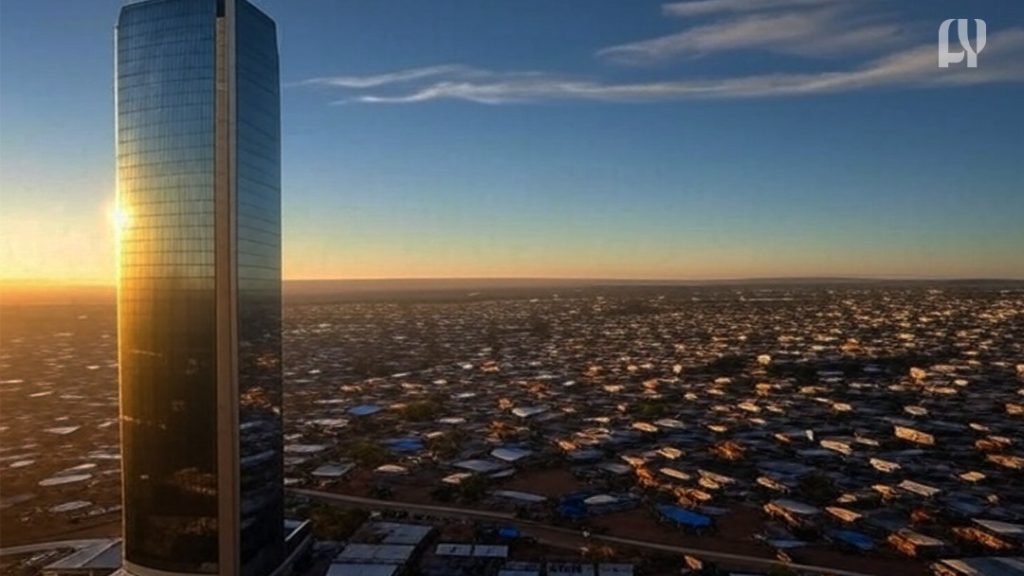
Corruption is the grease that keeps this machine running. The State Capture Inquiry exposed deals facilitated by political elites, including members of the ANC. These deals allegedly enriched private interests at the expense of public funds. The Gupta family’s influence over state-owned enterprises like Eskom and Transnet is a glaring case study. Billions were syphoned off, yet ordinary South Africans faced rolling blackouts and crumbling infrastructure.
Moreover, the revolving door between politics and business ensures loyalty to the Company of South Africa. Former ministers like Trevor Manuel and Tokyo Sexwale transitioned seamlessly into corporate boardrooms, joining the elite shareholder class. Meanwhile, the average South African struggles to afford electricity or food, with inflation hitting 7.8% in 2022, eroding purchasing power.
The Workers: The Beating Heart of the Nation
Most South Africans are the workers in the Company of South Africa. They include nurses, teachers, miners, and small business owners who grind daily to survive. You’re the engine of this economy, yet you’re paid a pittance for your sweat. The average monthly wage in South Africa was about R23,000 in 2023, but this figure is skewed by high earners. Many workers earn far less in the informal sectors. Their earnings often fall below the living wage of R15,000 needed for a decent life.
Unemployment is a brutal reality. At 32.9% in 2024, South Africa’s jobless rate is among the highest globally. Youth unemployment is even worse, hovering near 60%. For those who do work, conditions are often harsh. Miners, for instance, risk their lives underground for wages that barely cover rent. Meanwhile, shareholders rake in profits from their labour. The 2012 Marikana massacre, where 34 striking miners were killed, exposed the Company of South Africa’s disregard for workers’ lives when profits are at stake.
Yet, workers keep the nation running. Without your toil, the mines would close, the schools would empty, and the hospitals would collapse. But in this company, your value is measured only by what you produce for the bosses and shareholders.
The Charity Cases: Those Left Behind
Then there are the millions living on the margins of the Company of South Africa’s so-called charity beneficiaries. These are the 18 million South Africans who rely on social grants. One such grant is the R350 Social Relief of Distress grant introduced during COVID-19. For many, this is their only income, yet it’s barely enough to buy a week’s worth of groceries.
Society often looks down on grant recipients, painting them as lazy or burdens. Nevertheless, the truth is harsher: the Company of South Africa needs poverty to persist. Why? Because a desperate underclass keeps wages low and profits high. Foreign and local businesses thrive on cheap labour. Social grants act as a bandage. They prevent outright revolt and guarantee the system doesn’t change. In 2023, the government spent R200 billion on social grants. Yet, poverty levels remained stagnant. 55% of South Africans continue to live below the poverty line.
Even more galling, some shareholders exploit this desperation. For instance, undocumented migrants, who are often vilified, are used as cheap labour in sectors like construction and agriculture. They’re part of the company of South Africa’s profit machine, generating wealth for elites while being scapegoated for economic woes.
A Rigged Game from the Start
The Company of South Africa didn’t start in 1994 with democracy. Its roots trace back to colonial times, when the British and Dutch formalised systems to extract wealth from our land. The 1913 Natives Land Act restricted Black South Africans to 13% of the land. This act was a cornerstone of this company. It ensured white elites controlled resources. While apartheid ended, the structure persisted. Land reform has been painfully slow; by 2023, only 10% of farmland had been redistributed, and economic power remains concentrated.
History shows how the game is played. Under the National Party, Afrikaner elites like Anton Rupert built empires by aligning with the “board.” After 1994, a new Black elite emerged. They believed Cyril Ramaphosa and Patrice Motsepe joined the shareholder class by mastering the Company of South Africa’s rules. Those who didn’t play ball, like Jacob Zuma or Julius Malema, were sidelined or vilified. The system rewards compliance and punishes dissent.
Breaking into the Elite Club
How can an ordinary South African break into the company of South Africa’s shareholder class? Imagine a kid from Khayelitsha or one from Soweto attempting this journey. The truth is grim: fair play won’t cut it. Your best shot is to climb onto the board and become a politician, a connected tenderpreneur, or a corporate insider. Rub shoulders with the elite, play their game, maybe even grovel. Only then will you get a tiny slice of their empire.
Take Saki Macozoma, a struggle hero turned business mogul. He leveraged political connections to secure stakes in major companies, becoming a shareholder in the Company of South Africa. Similarly, Cyril Ramaphosa’s journey from union leader to billionaire shows how proximity to power pays off. But for every success story, millions are left behind, trapped as workers or charity cases.
The Devastating Cost of the System
The Company of South Africa extracts a heavy toll. Poverty, unemployment, and inequality are not accidents they’re features of the system. In 2024, South Africa’s Gini coefficient, a measure of inequality, stood at 0.63, among the highest in the world. Corruption thrives, with Transparency International ranking South Africa 72nd out of 180 countries in 2023. Service delivery protests, like those in Soweto and Tshwane, erupt regularly as communities demand basic services like water and electricity.
Consider it as a cold, calculated business. It’s a company of South Africa where profit trumps humanity.
Meanwhile, the board and shareholders live like royalty. Politicians flaunt luxury cars while hospitals run out of beds. Corporate CEOs earn millions while workers strike for a living wage. The Company of South Africa thrives on this imbalance, and the human cost is soul-crushing.
Can We Dismantle the Company?
Is there a way out? Dismantling the Company of South Africa won’t be easy. It requires confronting entrenched power shareholders who control wealth, politicians who protect them, and systems that keep the majority down. Yet, change is possible. Grassroots movements, like #FeesMustFall and community protests, show the power of collective action. Holding leaders accountable is crucial. Demanding transparency is also important. Pushing for equitable policies, like faster land reform or progressive taxation, can chip away at the company’s foundations.
Moreover, workers and citizens must unite. The Company of South Africa thrives on division racial, economic, and social. We should reject scapegoats, like migrants or the poor. We need to focus on the real culprits, elites who hoard wealth. Then we can start rewriting the rules.
A Call to Wake Up – Company of South Africa
The Company of South Africa isn’t just a clever phrase. It’s the gut-wrenching reality of a nation where profit reigns supreme, and ordinary people are mere cogs in a machine. Are you a worker toiling for survival? Are you a grant recipient scraping by? Or are you a politician tempted by the shareholder’s table? The question remains: what role will you play?
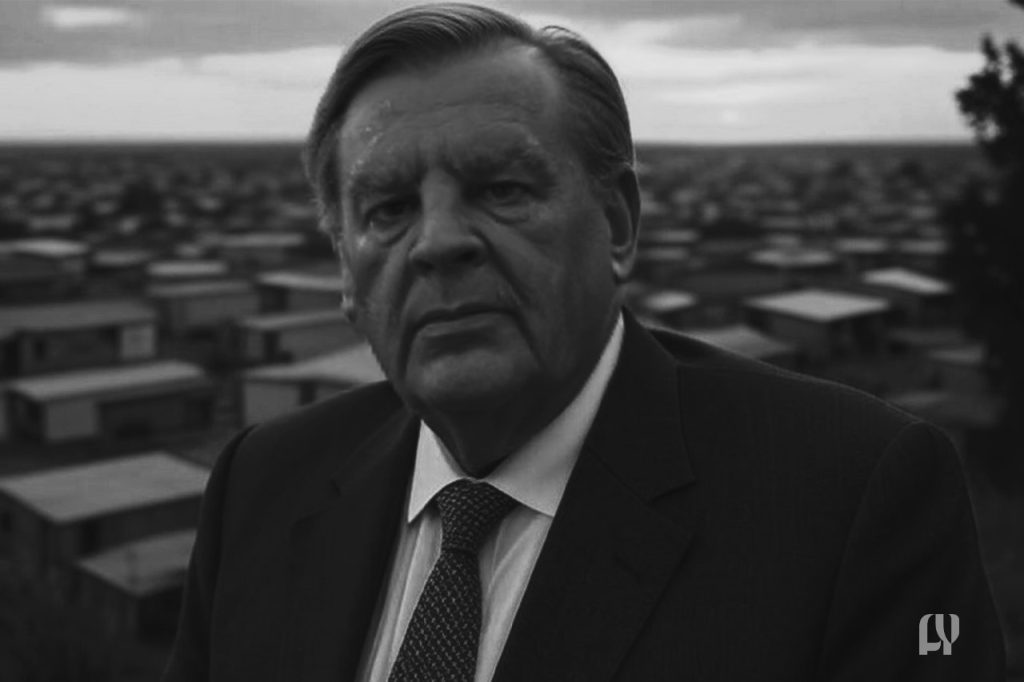
Will you accept the system, or will you fight it? The truth is devastating, but it’s also a wake-up call. South Africa deserves better than being a company run for the few. Let’s demand a nation built for its people.

